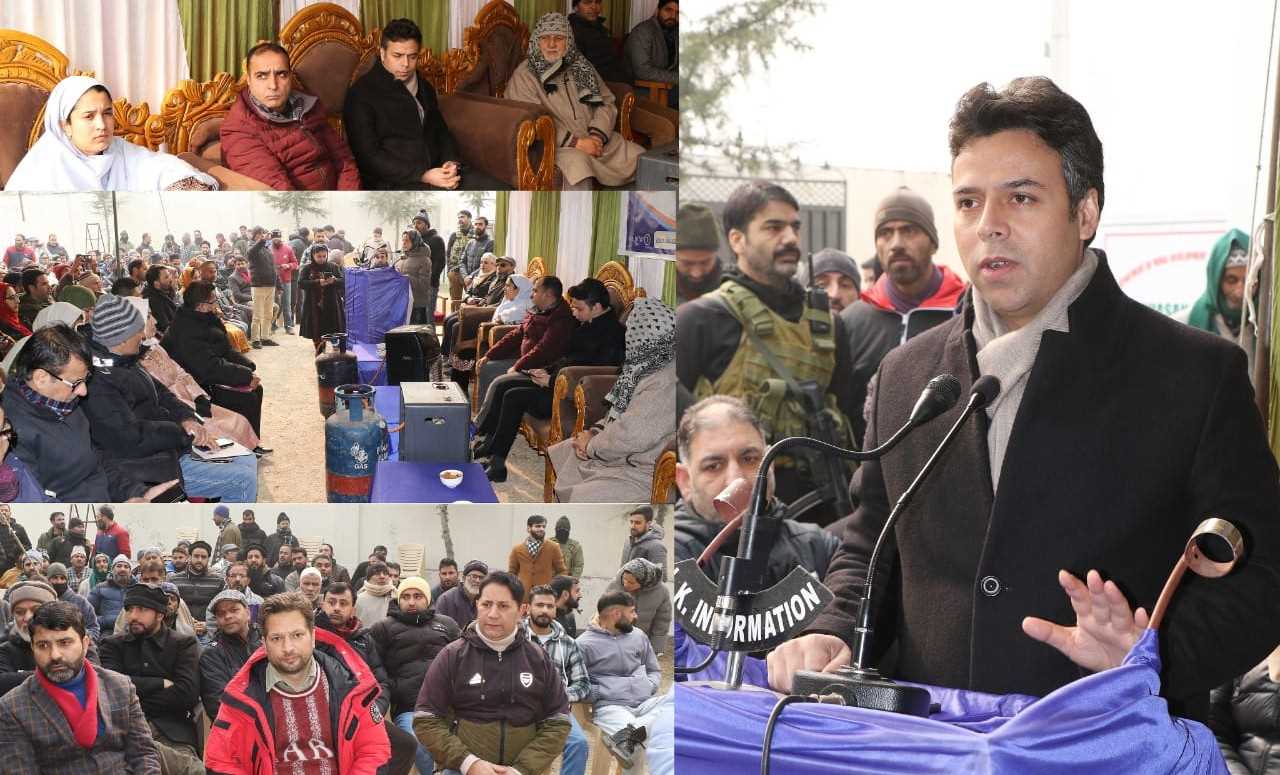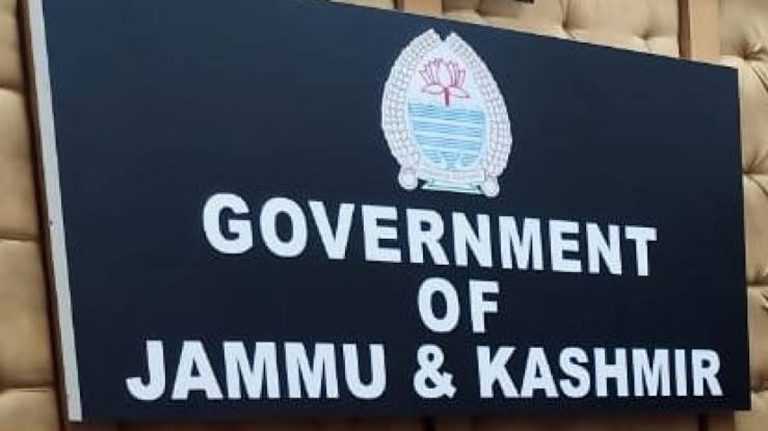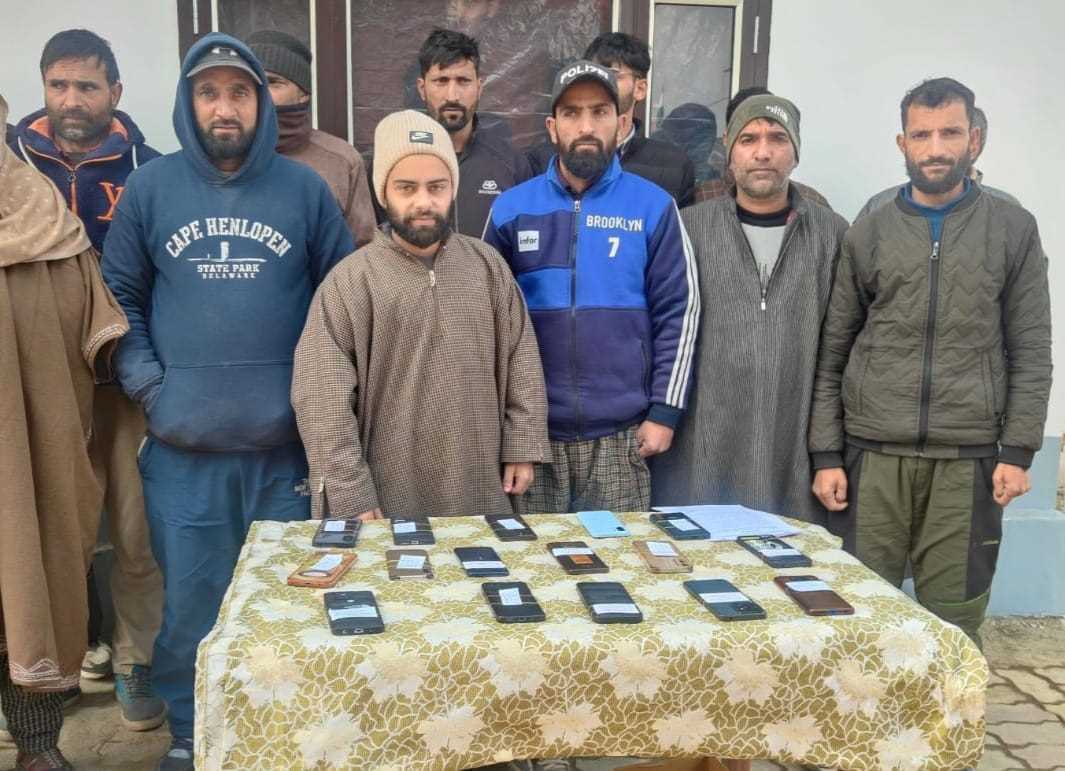In August 2019, when the union government bifurcated the state of Jammu & Kashmir, creating two union territories—Ladakh and Jammu & Kashmir—it marked a significant geopolitical shift. For Ladakh, a predominantly Buddhist region with a rich cultural history, the change was momentous. The decision was lauded by many who believed that Ladakh's unique identity had been overshadowed under Jammu & Kashmir's political structure. However, as with any drastic change, not all segments of society were appeased. Since Ladakh’s union territory status, unrest has simmered, stemming from issues related to representation, governance, and cultural preservation. Addressing this unrest is crucial if the government wants to maintain stability and unity in Ladakh, especially considering its sensitive position bordering China. With growing concerns about Chinese incursions in the region, a stable Ladakh is strategically vital. But stability cannot be achieved unless the concerns of its people are addressed in a meaningful way. One major point of contention is the absence of legislative representation. While Ladakh was granted union territory status, it lacks its own legislature. This has left many Ladakhis feeling disenfranchised, without a direct say in decision-making processes that affect their daily lives. The demand for an elected legislature has been voiced repeatedly by local leaders. To quell these frustrations, the government should prioritize either setting up a representative legislative framework or creating mechanisms through which local voices can be meaningfully integrated into governance. Without such steps, the gap between Ladakhis and the central government may widen, breeding further discontent. Moreover, there is an urgent need to protect Ladakh’s cultural identity. The region's unique heritage—rooted in Tibetan Buddhism and a fragile ecosystem—requires specialized protection measures. Ladakhis fear that increased centralization could dilute their cultural uniqueness. Granting Ladakh special safeguards, akin to constitutional provisions like the Sixth Schedule, could help in preserving their cultural and land rights. This would assure the people that their way of life is being respected and protected. Economic development is another pressing issue. The region’s remoteness has always posed challenges, and the dissolution of Jammu & Kashmir has further complicated matters. For Ladakh to thrive as a union territory, focused investments in infrastructure, education, and healthcare are essential. The central government must ensure that Ladakhis benefit from development projects and that these projects align with their cultural and environmental concerns. The government must realize that the transition to union territory status is just the first step. Stability, security, and progress in Ladakh hinge on addressing its people’s concerns, preserving their identity, and ensuring that they are active participants in their own governance. Failing to do so will only foster resentment, turning a historic opportunity into a source of ongoing strife.





